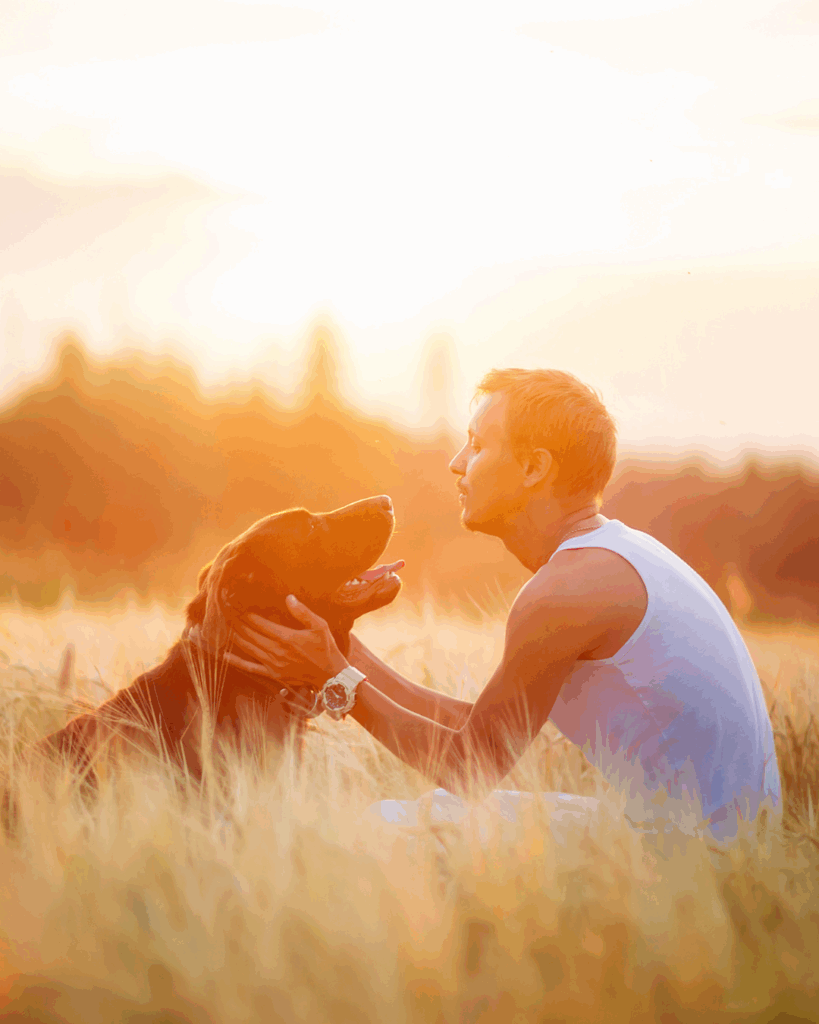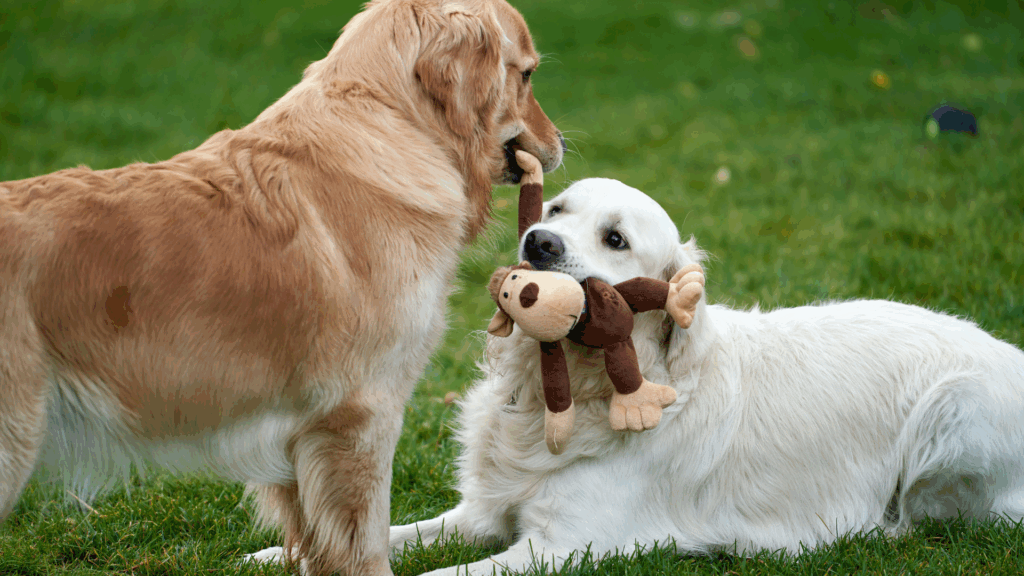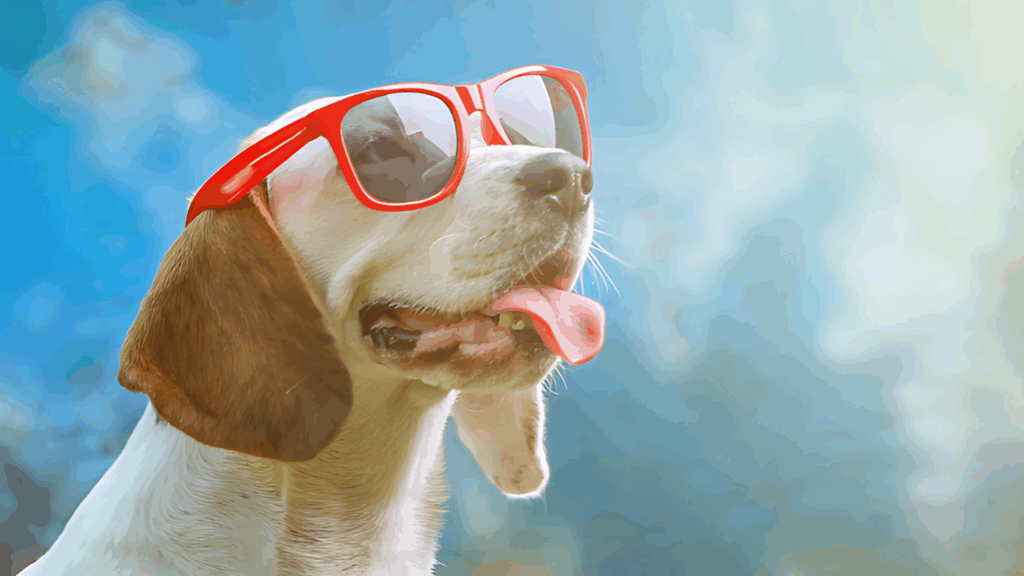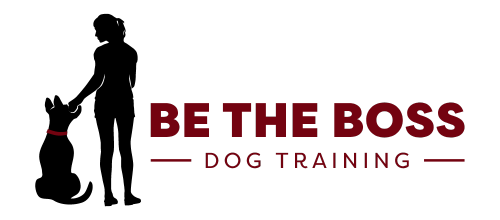I don’t know about you guys, but it seems more and more the voice of the “little guy” matters less and less. From cell phone carriers throwing extra fees onto your bill, to restaurants not caring enough to get your order right…you feel lost and overwhelmed.
While big change takes time and comes slowly (if at all), there is one area of your life where change can happen quickly. That area consists of four feet and a waggly tail.
Does your voice matter with your dog? Answer honestly, guys. THINK…don’t just give me the generic answer that your dog is a good dog. I’m not talking about in your home when you have a treat in your hand. I’m talking about when you are outside, or in public, and your dog barks. How about when they jump?
How many times are you saying “no” before your dog stops their behavior. And an even better question…you have already said “no” thousands of times. Why are you still getting this behavior? If this is happening in your life…then obviously your voice is not being heard.
Imagine if you had to repeat EVERYTHING you say to family three times. Oh my gosh…how annoying and frustrating would that be? And yet…we do it with our dogs all the time. WHY? Why are you letting your dog continue behaviors you don’t want, and allow them the leisure of waiting until they feel like obeying to finally obey?
I wish I had that leisure. I wish I had the leisure of paying my rent until I felt like it. Or the leisure of taking whatever I wanted in the grocery store and paying for it when I felt like it.
We have rules in society for a REASON. It makes living with other people enjoyable and fun. Our dogs are not buttercups or fragile flowers…correct them when they break a rule. They deserve the same courtesy that we give humans. We spell out rules clearly and hold them accountable so life can be enjoyable.
Your voice may not be heard in the big outside world…but it DEFINITELY should be heard in your living room with your dog.
More Tips
Check out our other posts

How Long Does It Take to See Progress in Dog Training?
Wondering why your dog’s training feels stuck—or when you’ll finally see real progress?
This blog breaks down the truth behind training timelines and what actually influences how fast your dog learns. From busting the myth of “easy breeds” to showing you what progress really looks like (even if it’s not perfect yet), you’ll get clear, practical insights designed to help you move forward with confidence.
Discover the fastest fixes for frustrating behaviors, why skipping structure always backfires, and how to spot the early signs that your dog is getting it—even if it doesn’t look like obedience just yet.
👉 Tired of guessing how long it’ll take? Click here to read the full blog!

Why Do My Dogs Fight at Home but Get Along Outside?
Tired of peace at the dog park and chaos at home? You’re not crazy—just caught in the middle of some serious pack politics. This blog breaks down why your dogs fight indoors but play nice outside, and what you can do to restore the calm (without giving up your couch). From jealousy to turf wars, you’ll get the clarity and quick wins you’ve been missing.
Are your dogs total angels outside but drama queens at home?
👉 Click here to read the full blog!

Beat the Heat: How to Keep Your Dog Cool, Calm & Well-Behaved All Summer
Too hot to handle? Don’t sweat it—literally. This summer survival guide shows you how to keep your dog cool, calm, and well-behaved without melting in the heat. From mental games to water play, you’ll get easy, low-effort ways to avoid the “bored and naughty” summer dog syndrome.
Is your dog acting out more now that it’s too hot for regular walks?
👉 Click here to read the full blog!

4 Secrets to Helping Your Reactive Dog Stay Calm Around Triggers
Reactivity isn’t always loud and dramatic—sometimes the biggest breakthroughs happen when nothing happens at all. Calm glances, quiet moments, and subtle check-ins are what retrain your dog’s brain. You don’t need perfection, just consistency and timing. Want to know the 4 secrets that make reactivity training actually work?
👉 Click here to read the full blog!

